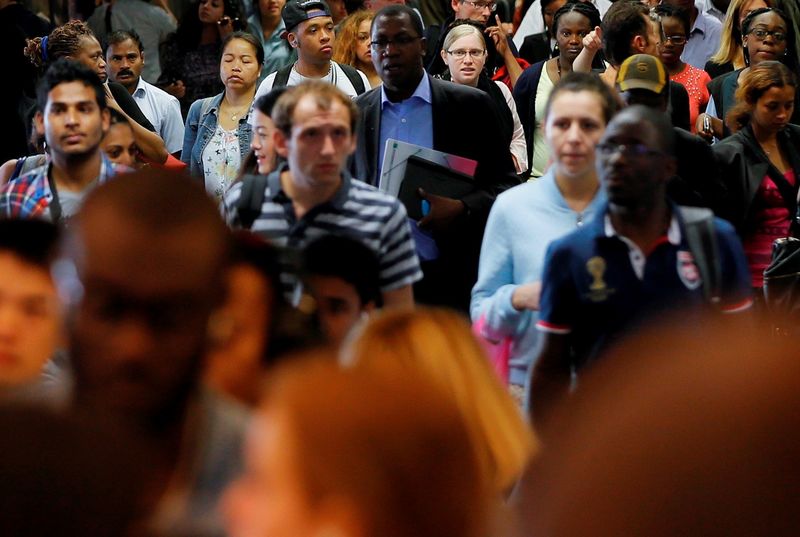Eos Energy stock falls after Fuzzy Panda issues short report
Investing.com -- The UK’s current fiscal position is not an outlier compared to other advanced economies, though future debt sustainability concerns remain significant, according to a new Bank of America report released Thursday.
BofA analysts note that while the UK’s government deficit and debt are higher than pre-pandemic levels, they don’t stand out when compared to G7 or advanced economy averages. In 2025, the UK government deficit is projected at -4.3%, lower than the advanced economies weighted average of -4.6% and below the United States, France, and the G7 average.
The report highlights that during 2020-2024, the UK’s deficit decline of 7.4% of GDP has been larger compared to France, Germany, the US, and advanced economies average, with this trend expected to continue.
UK’s gross debt level at 103% of GDP is lower than the G7 average and is the second lowest in the G7. However, since 2007, UK debt has risen the most among G7 nations.
Looking forward, BofA identifies several challenges. The UK has a 1.4% of GDP gap to close to reach a debt-stabilizing primary balance over 2026-30, highlighting the urgency of delivering planned fiscal consolidation.
The report also points to significant projected increases in age-related spending over the next few decades. The OBR’s September 2024 Fiscal Risks and Sustainability Report estimates health spending will rise by 6.2 percentage points to 14% of GDP by 2070, while pension spending is expected to increase by 2.8 percentage points to 8.1%.
BofA analysts express concerns about the credibility of projected consolidation, noting the Chancellor’s political constraints against raising main taxes and potential party rebellion against spending cuts. They expect the Chancellor’s headroom against fiscal rules to fall by £20-30bn in the Autumn Budget.
The report also highlights structural changes in the gilt market, with the share of UK government debt held by pension funds and insurance companies falling from approximately 70% in 1999 to about 24% in 2024. Simultaneously, quantitative tightening has reduced the Bank of England’s share of gilt holdings from around 33% in 2022 to about 25% in 2024.
For the upcoming Budget, BofA doesn’t expect the Chancellor to break fiscal rules and anticipates headroom deterioration will be addressed mainly through tax increases.
The analysts suggest the UK should consider shifting more consolidation efforts from higher taxation toward lower government spending, though they acknowledge political constraints make this challenging.
